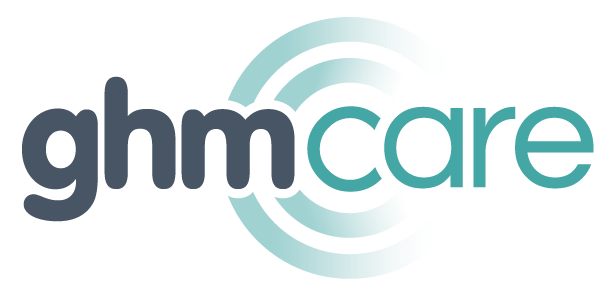If your Care teams and residents are receiving suspicious emails, it is worth explaining what to look for in spotting malicious ones. Click here to view some examples. Most importantly, if they are not sure an email is genuine, it’s best not to open it! Here are a few other top tips:
Limit User Access & Check Admin Rights
One of the easiest ways of ensuring cyber security is to limit those who can access sensitive information. The more users with unrestricted access to restrictive areas, the greater chance a hacker has. It can be a simple process to adopt, such as creating two different formats that separate administrators and standard users.
Ensure everyone has a strong Password
Using a weak password makes it easy for hackers to infiltrate, no matter how sophisticated the security software is. Passwords most easily guessed include predictable sequences or personal information such as names, birthdays, place names or popular sports teams. Encourage more difficult passwords such as containing random numbers, capital letters and other characters. Also, encourage staff to change their passwords regularly.
It’s also not advisable to write down passwords or store them in unprotected digital files.
Implement a Two-Factor Authentication
One step further would be to set up two-factor authentication. Usually undertaken by sending a randomised code as an SMS or notification once the password is correct. There is little effort in this system, and effective in keeping personal data safe.
GHM have a wealth of cyber security experience. Speak to our team for a free consultation on 01865 367111.
